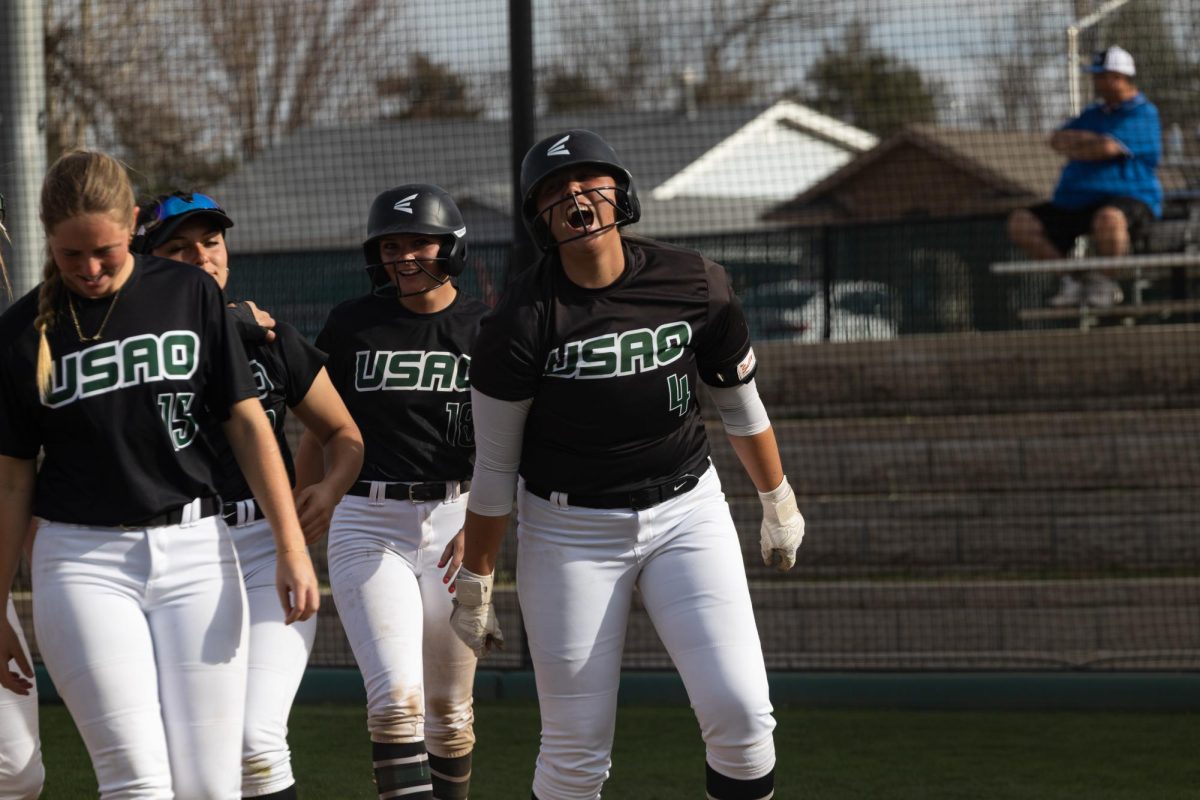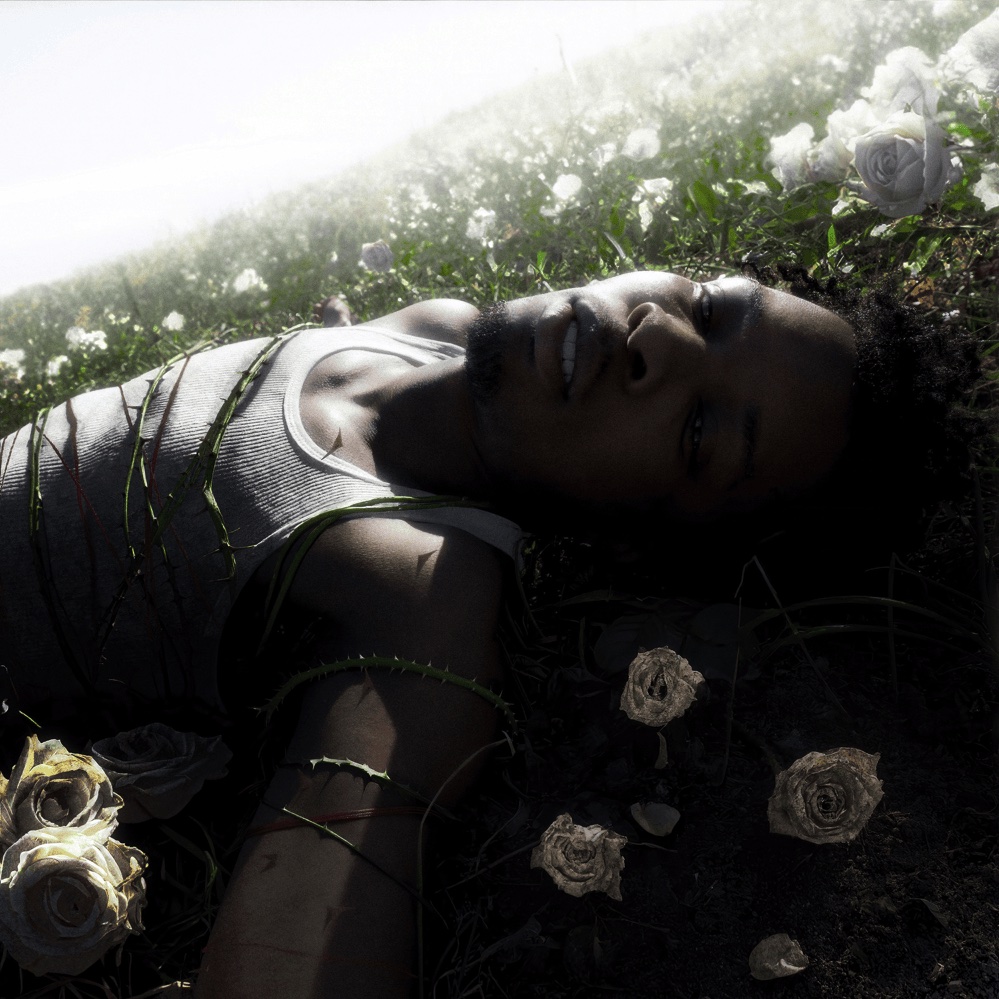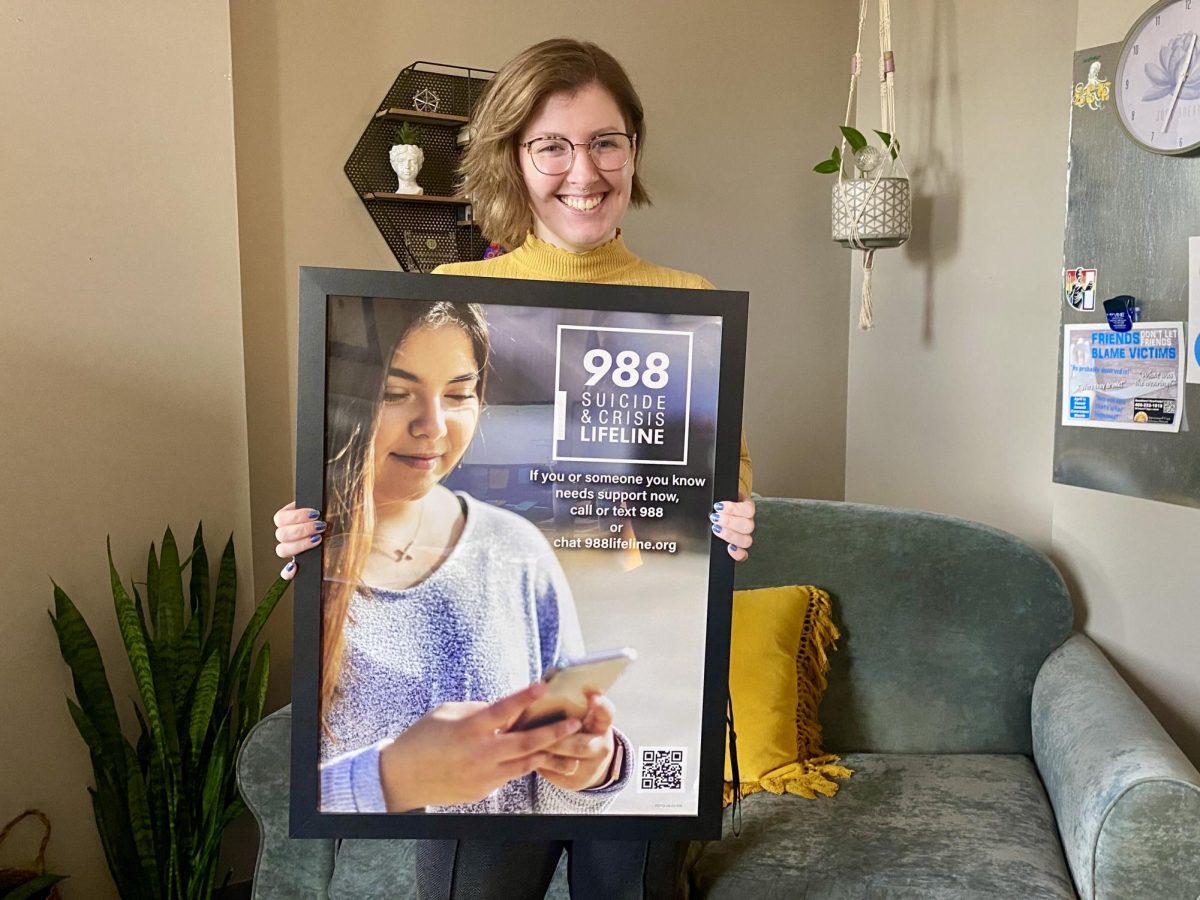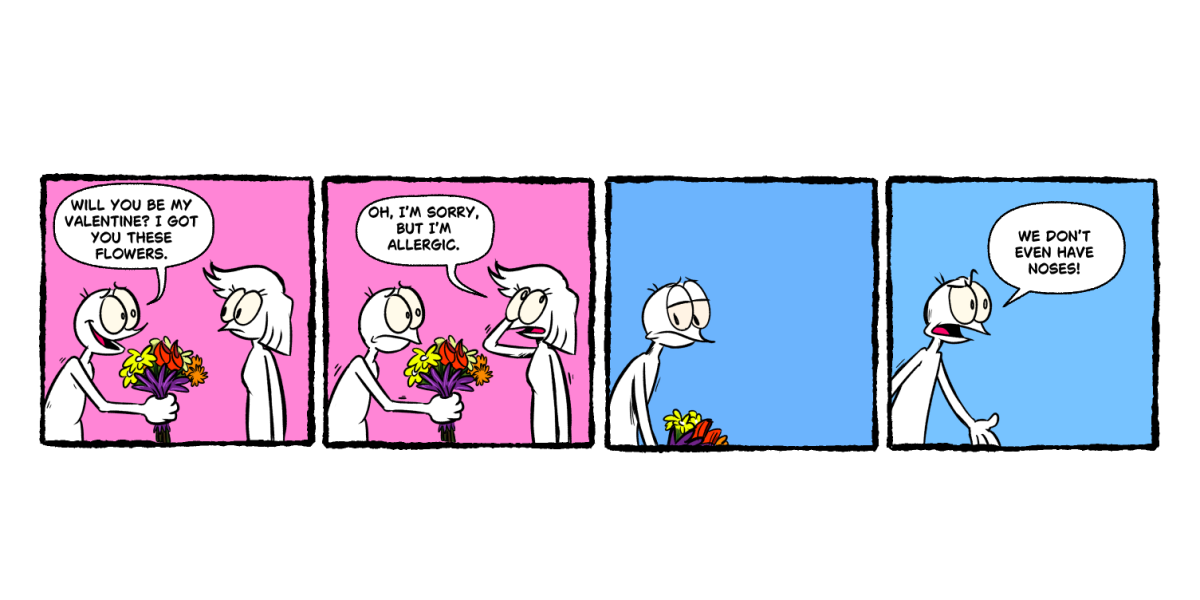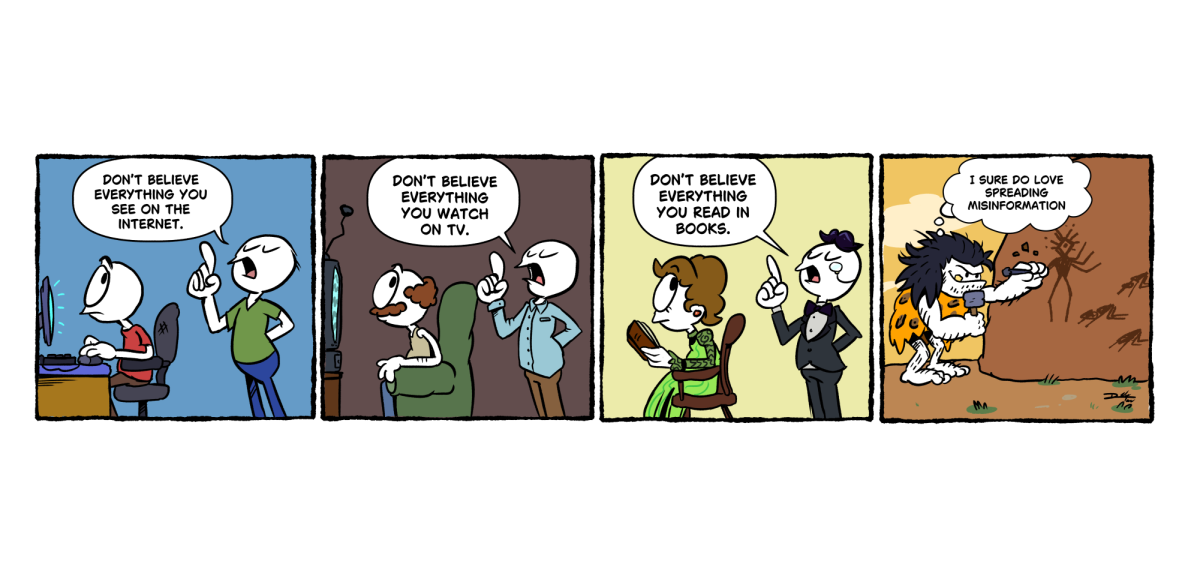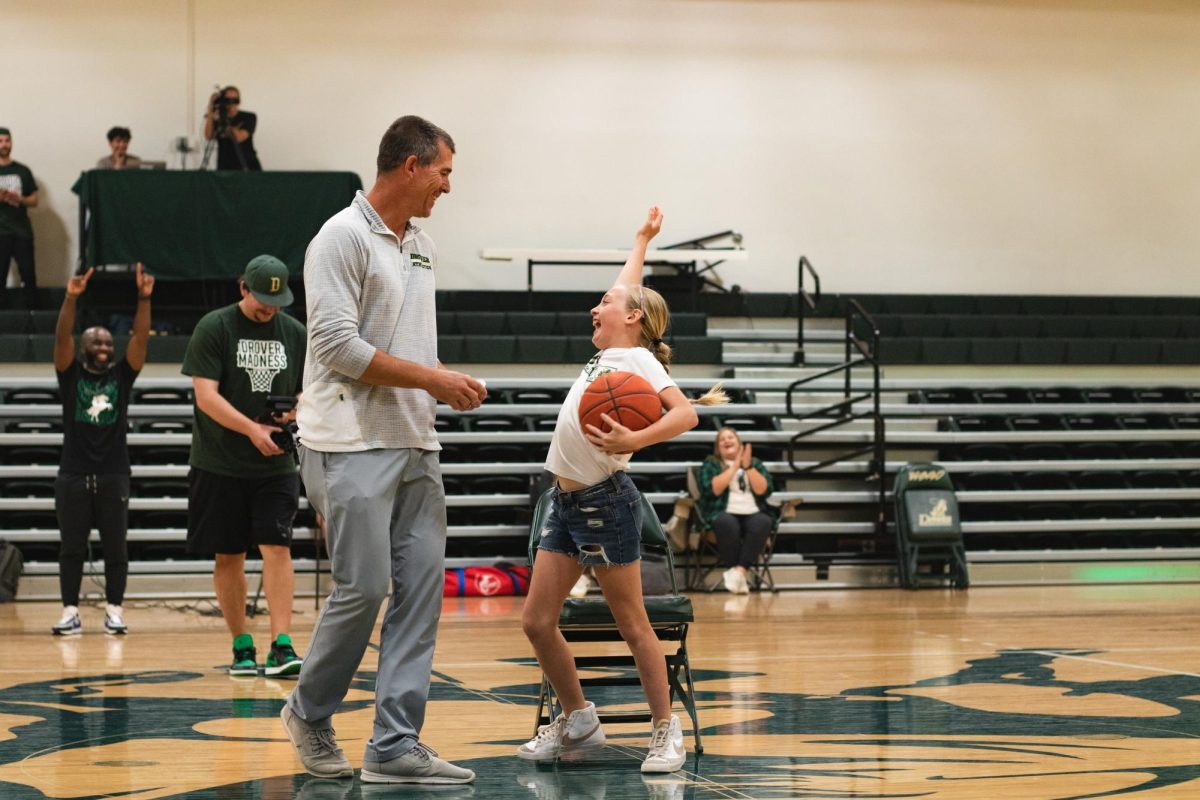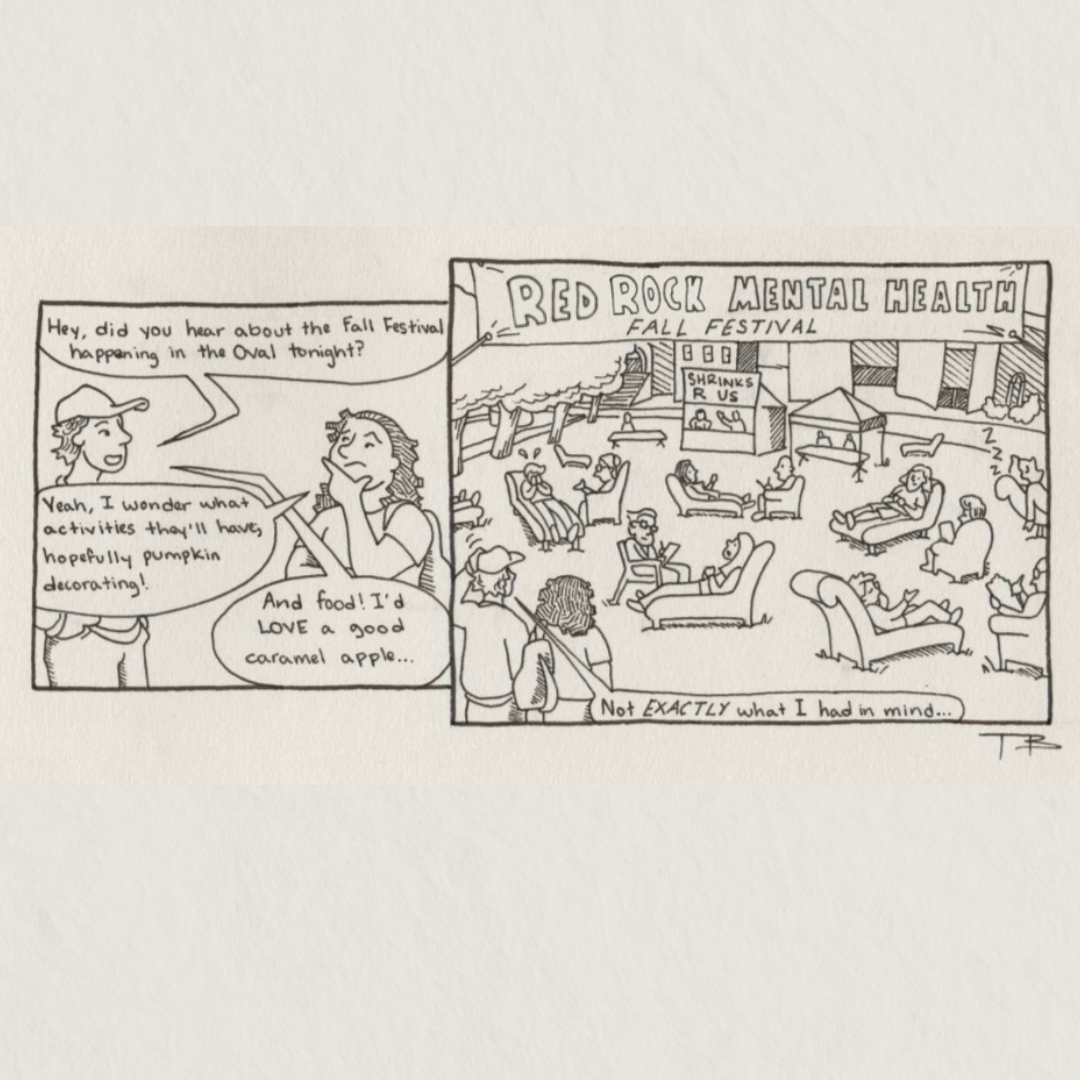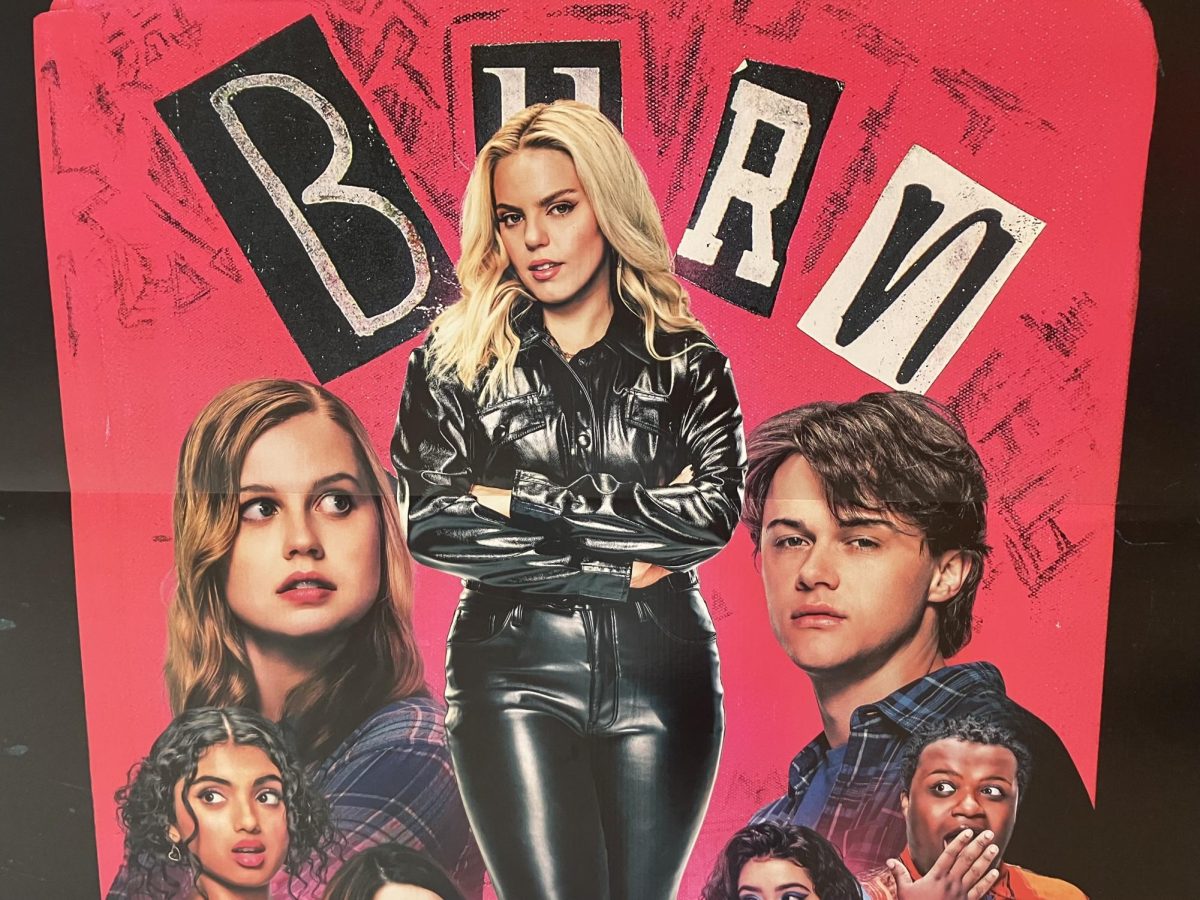I understand that there is a subset of the population who consider themselves die-hard fans of the Broadway musical adaptation of the 2004 film “Mean Girls.” If you consider yourself among the aforementioned population, you might want to skip this review.
As a longtime lover of all things Tina Fey, I consider the original “Mean Girls” film a bonafide masterpiece. Of course, from the former head writer of Saturday Night Live, I’d expect nothing less. While I’ve never seen the Broadway show in full, I have heard the soundtrack, and let’s just say, when it comes to the tired task of comparing and contrasting the stage show and the film, there are a hefty amount of substantial differences, but perhaps I’m getting ahead of myself.
First and foremost, let us examine the two films side by side without consideration of the Broadway element. As a movie, the 2004 film is inarguably better. Its story is more cohesive. The acting performances are better, and the jokes are actually funny without sacrificing being true to the times. The contemporary “Mean Girls” of 2024 has little to be lauded aside from the standout vocal performances of the characters Damien, Janice, and, needless to say, Regina George, played by Jaquel Spivey, Auli’i Cravalho, and Renee Rapp respectively.
I know that it’s a bit of an overdone take to assert that the remake of a particular movie is worse than the original, but that’s the thing: this isn’t a remake, but it isn’t quite the Broadway musical all the way either. It’s some weird, distorted, hybrid creation that emerged from the haphazard mashing together of two diametrically opposed creations. That is to say, I think it was a mistake to try and jam the songs from the musical into the script from the original movie while also cutting a significant amount of critical numbers from the final product. The result, rather than seeming original and innovative, ends up feeling like a lazily thrown together concoction of two things which, at the end of the day, just really don’t belong together.
It might sound strange to say given that they came from the same writer, but “Mean Girls” (2004) and the Broadway show “Mean Girls: the Musical” have completely different personalities, as they are for completely different audiences. This stark tonal difference is one of the more glaring problems in the production of the 2024 movie.
The acting is fine. No one stands out positively. I would venture to say that no one stands out negatively, but there were moments when I questioned whether the actor playing Gretchen was some sort of contest winner or nepotism hire. The singing, on the other hand, could not have varied in quality more from performer to performer. There were some exceptionally strong performances, such as those mentioned prior, and then there were some exceptionally bad performances, such as that of our leading lady, Angourie Rice whose character “Cady Heron” has more than a few songs of her own during the show’s runtime.
In all honesty, she wasn’t a terrible singer. Her voice was nice. It just wasn’t up to par with her castmates, which pushed my perception from nice to bad. It was really a matter of unfortunate casting. Had her performance not been right next to the heavily showcased talent houses of Spivey, Cravalho, and Rapp, it’s possible that none of us would’ve noticed Rice’s vocal weak points. This was in addition to her less than stellar dramatic embodiment of the character we all know and love. Lindsay Lohan is undeniably the superior Cady Heron, but how did the rest of the characters measure up to their cinematic and Broadway counterparts?
Essentially, every character was worse than they were in the original with the exceptions of Damien and Janice. These two quirky classmates stole the show with their performances, both vocal and dramatic, leaving the rest of the contemporary cast in the dust. As much as I love Renee Rapp’s voice, and as much as she is undeniably a talented actress, I didn’t feel that she captured the essence of Regina’s character, but the true albatross wrapped snugly around this movie’s neck is its deeply confusing marketing campaign.
If any Hollywood executives want my advice, it is as follows: if you make a musical, market it as a musical. Trying to hide that element of the story in trailers and commercials only leads to disappointed viewers and, at least in the theater I went to, sizable groans from the audience as they slowly begin to realize they are in for nearly two hours of watered down Broadway songs with halfhearted instrumentals.
In my opinion, compared to both of its creative predecessors as well as in a vacuum standing completely alone, “Mean Girls” (2024) is neither faithful to the spirit of its source material, nor is it “so fetch.”
Gabi Merchen is a fourth-year communication major at the University of Science and Arts of Oklahoma.




































